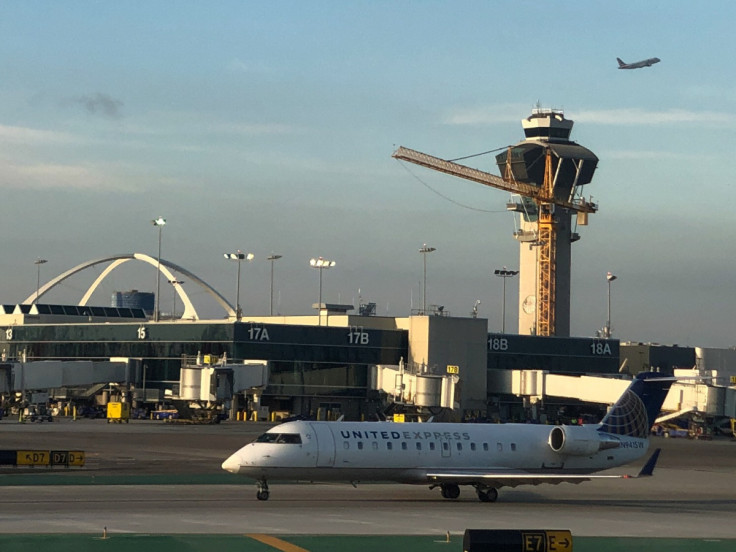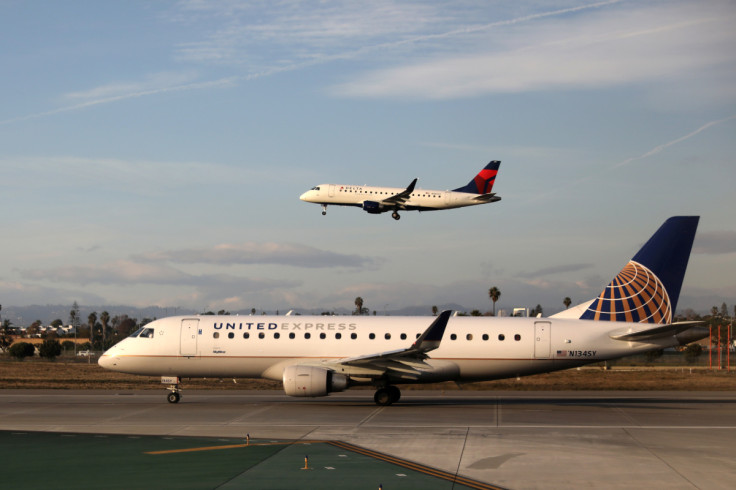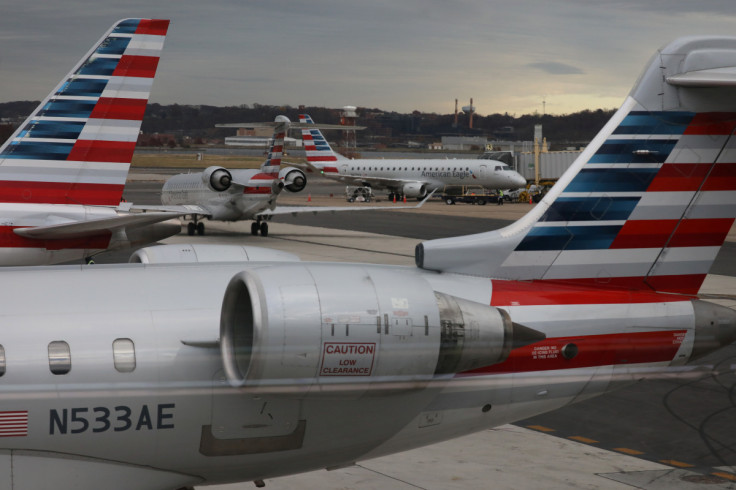U.S. Denies Republic Airways Bid To Reduce Co-pilot Training Hours

The U.S. Federal Aviation Administration (FAA) said on Monday it had denied a request by regional airline Republic Airways to reduce the number of hours needed to train a co-pilot.
The FAA said it disagreed with the airline's argument for allowing only 750 hours of flight experience instead of 1,500 hours. The head of a pilots union hailed the decision as a "huge win" for flying safety while Republic's CEO said he was disappointed at the decision, saying Republic's proposal would have enhanced safety.
Indiana-based Republic had sought an exemption that would allow graduates from its pilot training program to apply for a restricted airline transport pilot certificate with the same reduced aeronautical experience as military or former military pilots.
Republic flies nearly 1,000 daily flights to 100 cities in 40 U.S. states and operates under major airline partner brands of American Eagle, Delta Connection and United Express.
The FAA said the airline's new training program does not provide an equivalent level of safety as the regulation requiring 1,500 hours of flight experience before a pilot may work for an airline.
Several unions had opposed Republic's request, with some arguing that a reduction in flight hours and relaxation of standards "would jeopardize safety and result in inexperienced pilots," the FAA said.
Some regional airlines say they are facing a pilot shortage and are unable to find enough qualified pilots to meet demand.
Republic Chief Executive Bryan Bedford said the airline was "disappointed - but not surprised - that our petition to the FAA was not met with the review and engagement it deserves."
He said Republic's proposal "would enhance safety by providing students a highly structured, mission-specific training approach" and "open the door to a rich career in aviation to any students who cannot otherwise afford to participate."
Air Line Pilots Association President Joe DePete said the FAA decision "is a huge win for aviation safety and for the flying public."
The regulations to boost flight hours for co-pilots stemmed in part from the February 2009 crash of Colgan Air Flight 3407 in upstate New York that killed 50 people. It was the last major U.S. fatal passenger airline crash.
In July, a group of Republicans in Congress proposed legislation to raise the mandatory commercial pilot retirement age to 67 from 65, in a bid to address airline staffing issues. The proposal would require pilots over age 65 to pass a rigorous medical screening every six months.


© Copyright Thomson Reuters 2024. All rights reserved.











